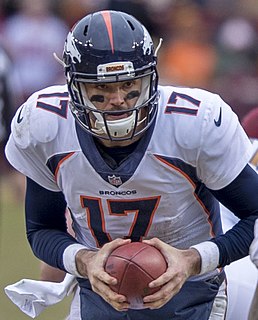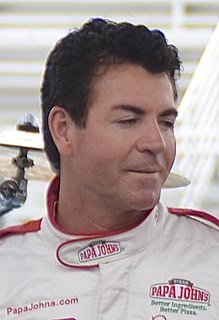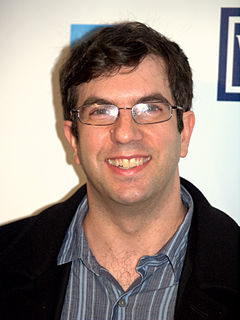A Quote by Denis Waitley
When you make a mistake or get ridiculed or rejected, look at mistakes as learning experiences, and ridicule as ignorance. Look at rejection as part of one performance, not as a turn down of the performer.
Related Quotes
Whenever you make a mistake or get knocked down by life, don't look back at it too long. Mistakes are life's way of teaching you. Your capacity for occasional blunders is inseparable from your capacity to reach your goals. No one wins them all, and your failures, when they happen, are just part of your growth. Shake off your blunders. How will you know your limits without an occasional failure? Never quit. Your turn will come.
It'd be nice to learn enough from each mistake that we'd be guaranteed to never repeat that same mistake twice. But, how many times have you said, 'I'll never do that again,' only to find yourself right back at it a few days later. Learning from our mistakes requires humility and a willingness to look for new strategies to become better.
I try not to dwell on big mistakes but to move on when I make a mistake. I make mistakes most of the times and that's part of the risk profile being an entrepreneur. I guess one big mistake I did was not to start my own company earlier. I spent nine years working for others before starting Kazaa in 2000.
But what if I make a mistake?' Will asked. Gilan threw back his head and laughed. 'A mistake? One mistake? You should be so lucky. You'll make dozens! I made four or five on my first day alone! Of course you'll make mistakes. Just don't make any of them twice. If you do mess things up, don't try to hide it. Don't try to rationalize it. Recognize it and admit it and learn from it. We never stop learning, none of us.
I'm afraid that we all make mistakes. One of the things that defines our character is how we handle mistakes. If we lie about having made a mistake, then it can't be corrected and it festers. On the other hand, if we give up just because we made a mistake, even a big mistake, none of us would get far in life.
... I don't think anybody should avoid mistakes. If it is within their nature to make certain mistakes, I think they should make them, make the mistakes and find out what the cost of the mistake is, rather than to constantly keep avoiding it, and never really knowing exactly what the experience of it is, what the cost of it is, you know, and all the other facets of the mistake. I don't think that mistakes are that bad. I think that they should try and not do destructive things, but I don't think that a mistake is that serious a thing that one should be told what to do to avoid it.
When you look back at your own life, you see ... the sufferings you went through, each time you would have avoided it if you possibly could. And yet, when you look at the depth of your character now, isn't a part of that a product of those experiences? Weren't those experiences part of what created the depth of your inner being?
Many of us grow up thinking of mistakes as bad, viewing errors as evidence of fundamental incapacity. This negative thinking pattern can create a self-fulfilling prophecy, which undermines the learning process. To maximize our learning it is essential to ask: "How can we get the most from every mistake we make?"
We're not in cultures which support learning; we're in cultures that give us the message consistently: "Don't mess up, don't make mistakes, don't make the boss look bad, don't give us any surprises." So we're asking for a kind of predictability, control, respect, and compliance that has nothing to do with learning.






































